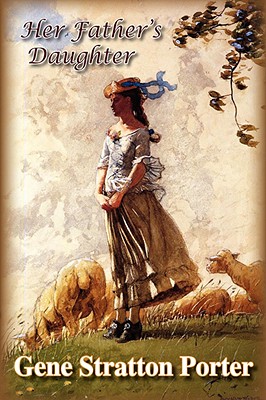
James, Henry
The Europeans: A sketch is a short novel by Henry James, published in 1878. It is essentially a comedy contrasting the behaviour and attitudes of two visitors from Europe with those of their relatives living in the 'new' world of New England. The novel first appeared as a serial in The Atlantic Monthly for July-October 1878. James made numerous minor revisions for the first book publication.
The tale opens in Boston and New England in the middle of the 19th century, and describes the experiences of two European siblings shifting from the old to the new world. The two protagonists are Eugenia M nster and Felix Young, who since their early childhood have lived in Europe, moving from France to Italy and from Spain to Germany. In this last place, Eugenia entered into a Morganatic marriage with Prince Adolf of Silberstadt-Schreckenstein, the younger brother of the reigning prince who is now being urged by his family to dissolve the marriage for political reasons. Because of this, Eugenia and Felix decide to travel to America to meet their distant cousins, so that Eugenia may "seek her fortune" in the form of a wealthy American husband.
All the cousins live in the countryside around Boston and spend a lot of time together. The first encounter with them corresponds to the first visit of Felix to his family. Mr Wentworth's family is a puritanical one, far from the Europeans' habits. Felix is fascinated by the patriarchal Mr Wentworth, his son, Clifford, age 20, and two daughters, Gertrude and Charlotte. They spend a lot of time together with Mr. Robert Acton and his sister Lizzie, their neighbours and cousins.
Eugenia's reaction after this first approach differs from Felix's. She realizes she could not live with these relatives, so different from herself, but is happy to accept the gift of a little house--she cherishes her independence and in keeping a certain distance. In contrast, her brother is very happy to share all his time with Charlotte and Gertrude, spending hours in their piazza or garden creating portraits of the two ladies.
Hawthorne is a book of literary criticism by Henry James published in 1879. The book was an insightful study of James' great predecessor Nathaniel Hawthorne. James gave extended consideration to each of Hawthorne's novels and a selection of his short stories. He also reviewed Hawthorne's life and some of his nonfiction. The book became somewhat controversial for a famous section where James enumerated the items of novelistic interest he thought were absent from American life.
This is the only book-length study James wrote about a fellow novelist, and it is not surprising he picked Hawthorne for such extended treatment. The tradition Hawthorne began in American literature - the morally intense exploration of the universality of guilt and the ambiguities of human choice - was clearly carried on by James.
Although James expressed misgivings about some of Hawthorne's more extravagant symbolism and heavy reliance on allegory, he shared his predecessor's constant interest in moral quandaries, divided loyalties, and the inevitable conflicts between imaginative protagonists and intractable reality. James also shared Hawthorne's passion for careful craftmanship and thorough, unsparing analysis of character.
member goods
listens & views

WHEN MIDNIGHT STRIKES / LONDON ...
by WHEN MIDNIGHT STRIKES / LONDON CAST
COMPACT DISCout of stock
$17.99






